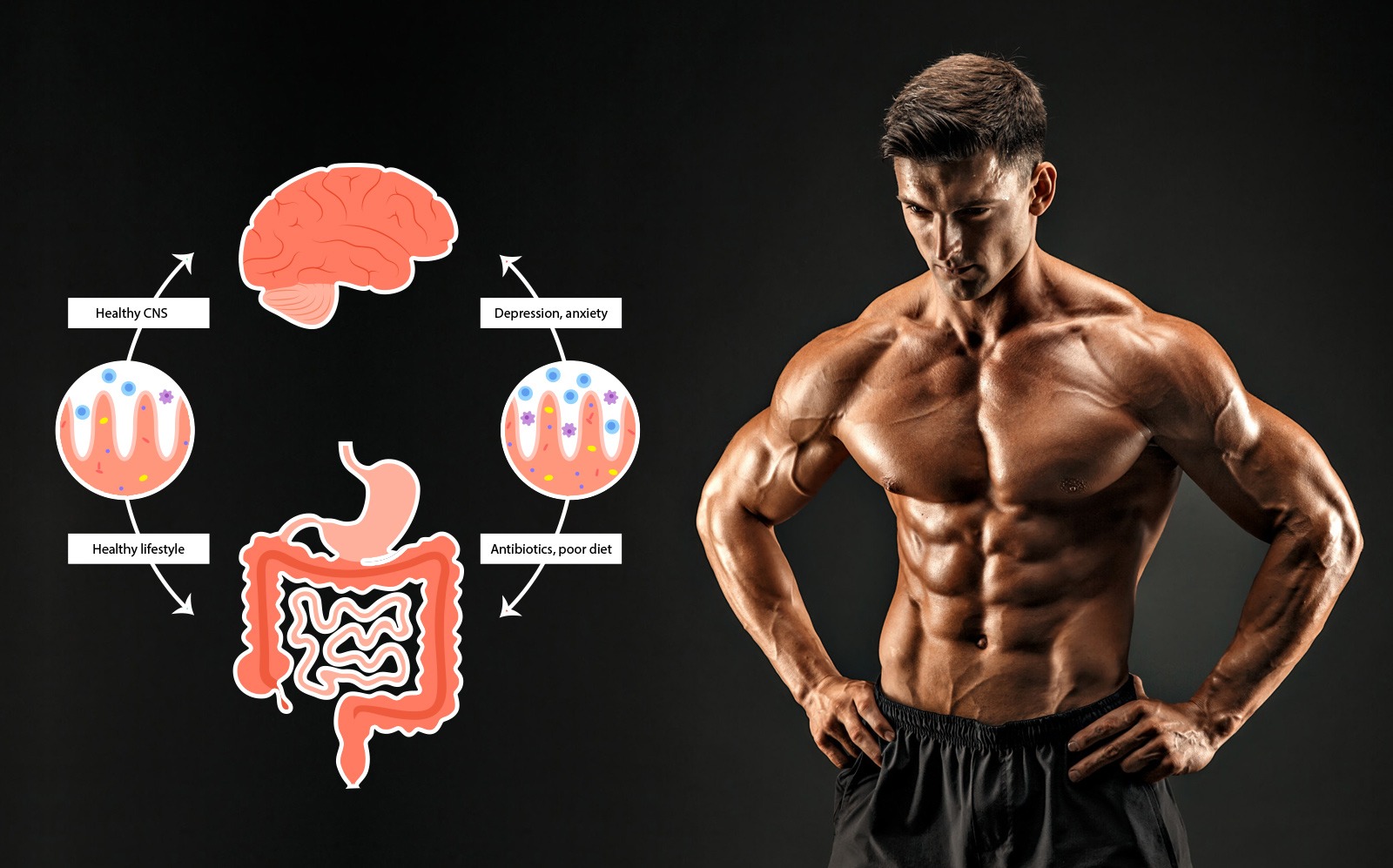
The Power of the Game: Unlocking Health Through Sports
Engaging in sports is a transformative way to enhance physical and mental health. Beyond fostering fitness, sports encourage teamwork, discipline, and resilience. They provide a holistic approach to well-being, improving cardiovascular health, mental clarity, and social skills. This article delves into the multifaceted benefits of sports, emphasizing their role in nurturing a healthier and more balanced lifestyle.
💪 Fitness Guru
11 min read · 3, Jan 2025

Physical Benefits of Sports
- Improved Cardiovascular Health: Participating in sports such as soccer, basketball, or tennis increases heart rate, improving cardiovascular endurance and reducing the risk of heart diseases. Regular physical activity strengthens the heart, enhancing its efficiency in pumping blood.
- Weight Management: Sports are a fun and engaging way to burn calories. Activities like running, swimming, or cycling can help maintain a healthy weight, reducing the risk of obesity and related complications such as diabetes.
- Enhanced Muscular and Skeletal Health: Regular participation in sports strengthens muscles and bones. Weight-bearing activities like football or gymnastics increase bone density and reduce the risk of osteoporosis in later years.
- Boosted Immunity: Physical activity from sports enhances the body's immune system, making it more effective at warding off infections and illnesses.
Mental Health Advantages
- Stress Reduction: Physical exertion during sports triggers the release of endorphins, the body's natural "feel-good" chemicals. This helps reduce stress and improve mood.
- Improved Mental: Clarity and Focus Sports demand strategic thinking and quick decision-making, sharpening cognitive abilities and enhancing concentration.
- Combatting Depression and Anxiety: Being part of a team or engaging in individual sports provides a sense of purpose and accomplishment, reducing feelings of depression and anxiety.
- Better Sleep Patterns: Regular physical activity regulates sleep patterns, promoting deeper and more restful sleep.
Social and Emotional Benefits
- Building Teamwork and Collaboration: Team sports teach individuals how to work together towards a common goal, enhancing their ability to collaborate in other areas of life.
- Fostering Discipline and Time Management: Training schedules and competition deadlines instill discipline and help individuals manage their time effectively.
- Enhancing Self-Esteem and Confidence: Achieving personal or team goals boosts self-confidence and reinforces a positive self-image.
- Expanding Social Networks: Sports provide opportunities to meet new people, fostering friendships and support systems that can last a lifetime.
The Role of Sports in Childhood Development
- Physical Growth: Sports promote healthy growth and development in children, ensuring proper motor skill development and physical fitness.
- Character Building: Lessons learned on the field, such as perseverance, respect, and teamwork, shape a child's character and values.
- Academic Benefits: Studies have shown that children who participate in sports tend to perform better academically due to improved concentration and discipline.
Adapting Sports for Different Ages and Abilities
- For Children and Teenagers: Sports like swimming, soccer, and basketball help develop motor skills, coordination, and teamwork.
- For Adults: Activities like jogging, yoga, and tennis maintain fitness and mental well-being while fitting into a busy lifestyle.
- For Seniors: Low-impact sports like walking, golf, or tai chi ensure mobility, flexibility, and social interaction without straining the body.
- For Individuals with Disabilities: Adaptive sports, such as wheelchair basketball or swimming, provide opportunities for inclusion and physical activity tailored to specific needs.
Conclusion
Sports are a powerful tool for achieving holistic health. They go beyond mere physical fitness, offering a wealth of benefits that include mental clarity, emotional well-being, and social bonding. Regardless of age, ability, or background, everyone can find a sport that suits their needs and interests. By embracing sports, we unlock the potential to lead healthier, more fulfilling lives.
Q&A Section
Ques 1: How often should I engage in sports to see health benefits?
Ans: Engaging in sports for at least 30 minutes, 3-5 times a week, can yield significant health benefits. Adjust intensity based on your fitness level and goals.
Ques 2: Are team sports better than individual sports for mental health?
Ans: Both have unique benefits. Team sports foster collaboration and social interaction, while individual sports promote self-discipline and focus. Choose based on personal preference.
Ques 3: Can seniors safely participate in sports?
Ans: Absolutely! Low-impact sports like walking, yoga, or tai chi are excellent for seniors, promoting mobility and reducing the risk of chronic diseases.
Ques 4: How can children balance academics and sports?
A\ns: Effective time management and prioritizing commitments help children balance academics and sports. Parents and schools play a key role in fostering this balance.
Ques 5: What are some ways to stay motivated to participate in sports?
Ans: Setting clear goals, tracking progress, joining sports groups, and celebrating achievements can keep motivation levels high.
Similar Articles
Find more relatable content in similar Articles

Sweat Science – What Your Sweat Tells About Your Fitness Lev..
Sweat is more than a sign of e.. Read More

Fitness in Tiny Apartments – Creative Space-Saving Workouts...
In today’s urban lifestyle, co.. Read More

The Science of Breathwork: Fitness Beyond Muscles...
Exploring how conscious contro.. Read More

Microbiome and Muscle: Gut Health as a Hidden Fitness Tool...
Unlock the hidden potential of.. Read More
© 2024 Copyrights by rFitness. All Rights Reserved.